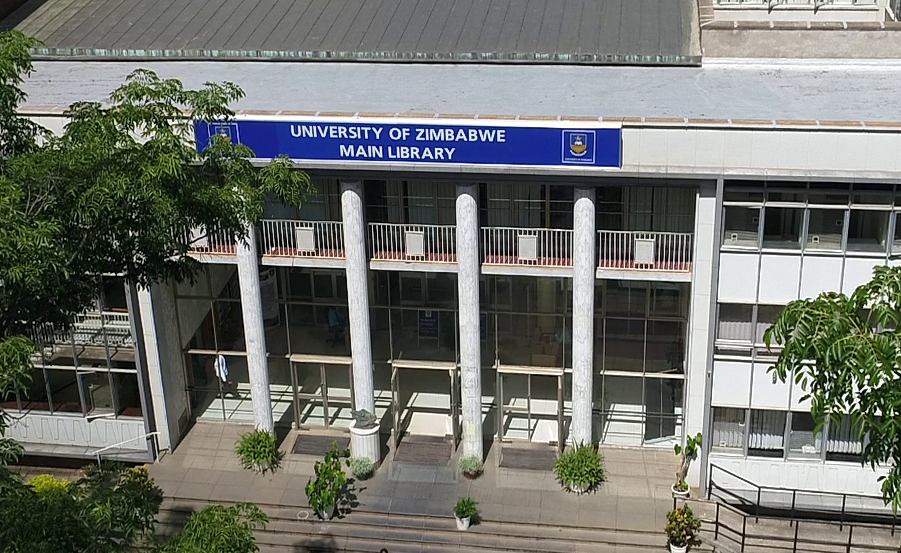ZHRC signs MoU with UZ Law and Languages departments
Share

Harare (New Ziana) – The Zimbabwe Human Rights Commission (ZHRC) has signed a Memorandum of Understanding with the University of Zimbabwe for cooperation with the Faculties of Law and Languages.
In an interview with New Ziana on Wednesday, ZHRC executive director Delis Mazambani said the Department of Languages would be assisting with translations while the Faculty of Law would be providing legal aid and research.
“We signed a MoU with the UZ at the end of November and we hope in the coming year we will be operationalizing it, coming up with a work plan on how we are going to be doing it,” she said.
“The Faculty of Law will be assisting us with the issues of legal research. Most of the reports that we write are supposed to be guided by a legal framework; by the law of Zimbabwe, the Zimbabwe Human Rights Commission Act and by the Constitution.”
Mazambani said ZHRC officers, especially those who were not lawyers, required training so that they understood the different laws that guided their operations.
She said the ZHRC would also be referring members of the public requiring legal aid to the Faculty of Law, which would assign some of its students on attachment to assist, so that they could acquire practical experience.
“We also hope to get students from the UZ who are interested in Human Rights to come and learn a few things from what we do and get practical experience,” she said.
In an effort to enhance its effectiveness in executing its mandate, Mazambani said the ZHRC had taken a deliberate policy to recruit officers who could speak more than one language, with one of its officers in Bulawayo speaking eight.
“We now have in-house expertise in terms of languages. It is a resource that we can use when we go to communities as we will not need interpreters,” Mazambani said.
Section 6 of the Zimbabwe Constitution lists 16 languages that are officially recognised, namely Chewa, Chibarwe, English, Kalanga, Koisan, Nambiya, Ndau, Ndebele, Shangani, Shona, Sign Language, Sotho, Tonga, Tswana, Venda and Xhosa.
“So far, we have done English, Shona, Ndebele in our documentation and we are still refining the translations. We have received feedback that some of the translations are not that accurate, and we also hope to translate in other languages,” said Mazambani.
She said as its contribution to the recognition of all indigenous languages as official medium of communication, the ZHRC decided to summarise sections 44 to 86 of the Constitution, which deal with human rights.
“We noticed that the Constitution is a technical document, for the elderly and those with limited education it can be difficult to read and understand,” Mazambani said.
New Ziana







